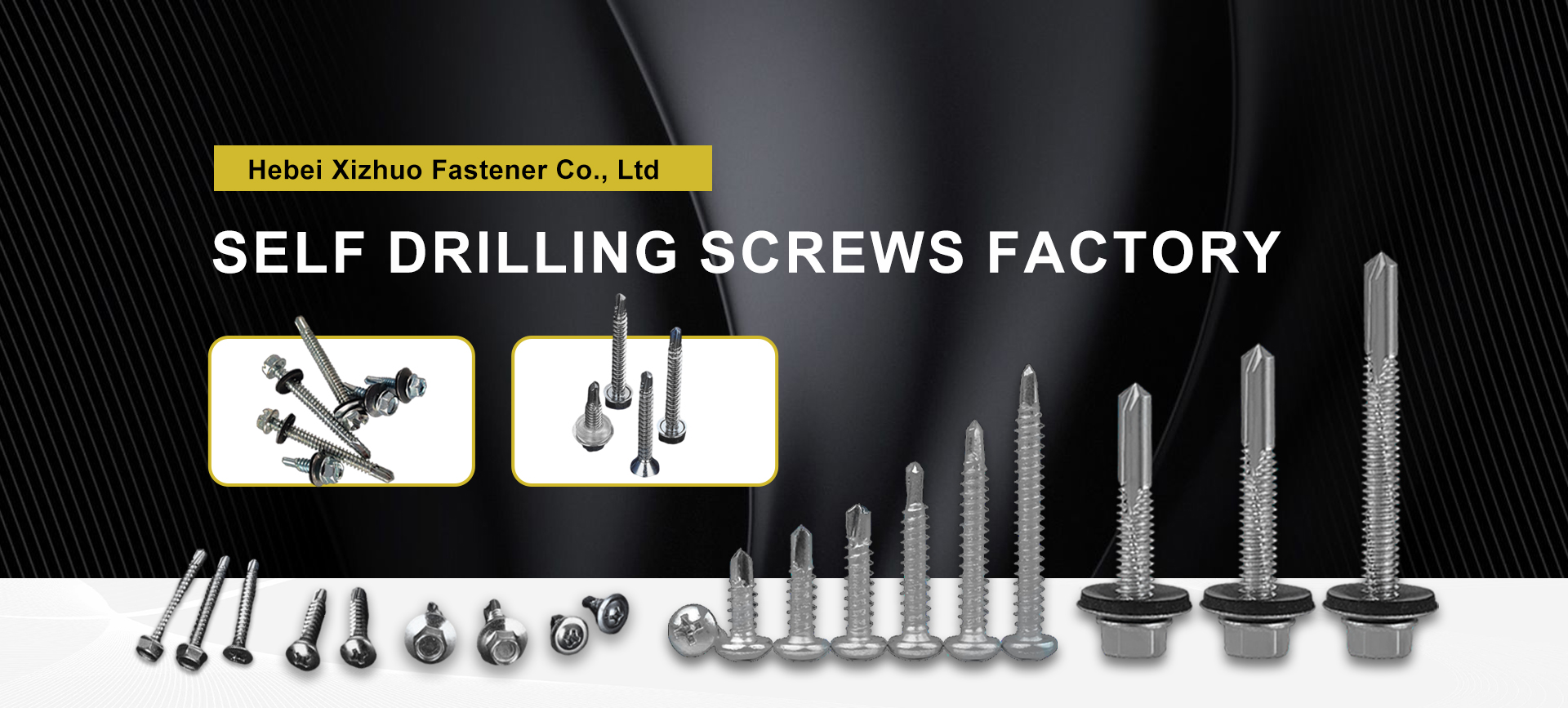hexagonal head bolts
Understanding Hexagonal Head Bolts A Comprehensive Guide
Hexagonal head bolts are an essential component in construction, manufacturing, and mechanical engineering. These fasteners perform a crucial role in joining materials securely, ensuring structural integrity across various applications. This article delves into the key features, applications, and advantages of hexagonal head bolts, providing a clear understanding of why they are a popular choice in many industries.
What are Hexagonal Head Bolts?
Hexagonal head bolts, commonly referred to simply as hex bolts, are fasteners that feature a hexagonal-shaped head. This design allows for easy gripping and turning with standard tools such as wrenches and sockets. Typically made from materials like steel, stainless steel, or alloy, hex bolts come in various sizes and grades, catering to a wide range of application requirements. The threading of a hex bolt can be partial or fully threaded, depending on the intended use.
Key Features of Hexagonal Head Bolts
1. Design and Configuration The hexagonal head provides a larger bearing surface compared to round head bolts, facilitating better torque application during installation. This feature makes them particularly useful in high-stress applications where a significant amount of tightening is required.
2. Material Variety Hexagonal head bolts can be made from a wide variety of materials, which can enhance their performance in different environments. For instance, stainless steel bolts resist corrosion, making them ideal for outdoor or marine applications. In contrast, high-strength alloy steel bolts are suitable for heavy-load scenarios.
3. Grade Standards Fasteners are often categorized by grades that denote their strength and quality. For example, common grades include Grade 2, Grade 5, and Grade 8 in the United States, each with specific tensile strength ratings. This grading system allows engineers to select the appropriate fasteners for their projects.
Applications of Hexagonal Head Bolts
Hexagonal head bolts are used in an array of applications across various industries
1. Construction In the construction industry, hex bolts are widely employed to secure steel beams, structural frameworks, and heavy machinery. Their strength and reliability are crucial in ensuring the safety and stability of buildings and infrastructures.
hexagonal head bolts

2. Automotive The automotive sector uses hexagonal head bolts to assemble vehicle components, including engines, suspensions, and frames. Their ability to withstand vibrations and dynamic loads makes them indispensable in vehicle manufacturing.
3. Industrial Equipment In machinery and equipment manufacturing, hex bolts are crucial for holding components, such as motors, panels, and tooling, together. Their robustness ensures that machines operate efficiently under various conditions.
4. Furniture Assembly Hexagonal head bolts are also commonly used in furniture assembly, providing a strong joint that can endure regular use. Their ease of installation and removal makes them favorable for DIY projects as well.
Advantages of Using Hexagonal Head Bolts
1. Ease of Installation The hexagonal design allows for straightforward installation using standard tools, reducing the time and effort needed for fastening.
2. Versatility With various sizes, materials, and grades available, hexagonal head bolts can be used in countless applications, making them highly versatile.
3. Reusability Unlike some fasteners designed for one-time use, hex bolts can be removed and reused multiple times without losing their fastening integrity.
4. Cost-Effectiveness Given their availability and widespread use, hexagonal head bolts are often more affordable than specialized or custom fasteners, making them a cost-effective solution for many projects.
Conclusion
Hexagonal head bolts are a fundamental aspect of many structural and mechanical applications. Their unique design, coupled with a range of sizes and material options, makes them suitable for various tasks. Understanding their features, applications, and benefits can help professionals in engineering, construction, and manufacturing make informed decisions for their fastening needs. Whether securing a building framework or assembling automotive components, hexagonal head bolts continue to play a vital role in our industrial landscape.
-
Weatherproof Plastic Expansion Anchors for OutdoorNewsJun.06,2025
-
Sustainability in the Supply Chain: Eco-Friendly TEK Screws ProductionNewsJun.06,2025
-
Load-Bearing Capacity of External Insulation FixingsNewsJun.06,2025
-
Double Head Bolts: Enhancing Efficiency in Industrial MachineryNewsJun.06,2025
-
Corrosion Resistance in Chipboard Screws: Coatings for Wholesale DurabilityNewsJun.06,2025
-
Butterfly Toggle Bolts : Enhancing Structural ResilienceNewsJun.06,2025
